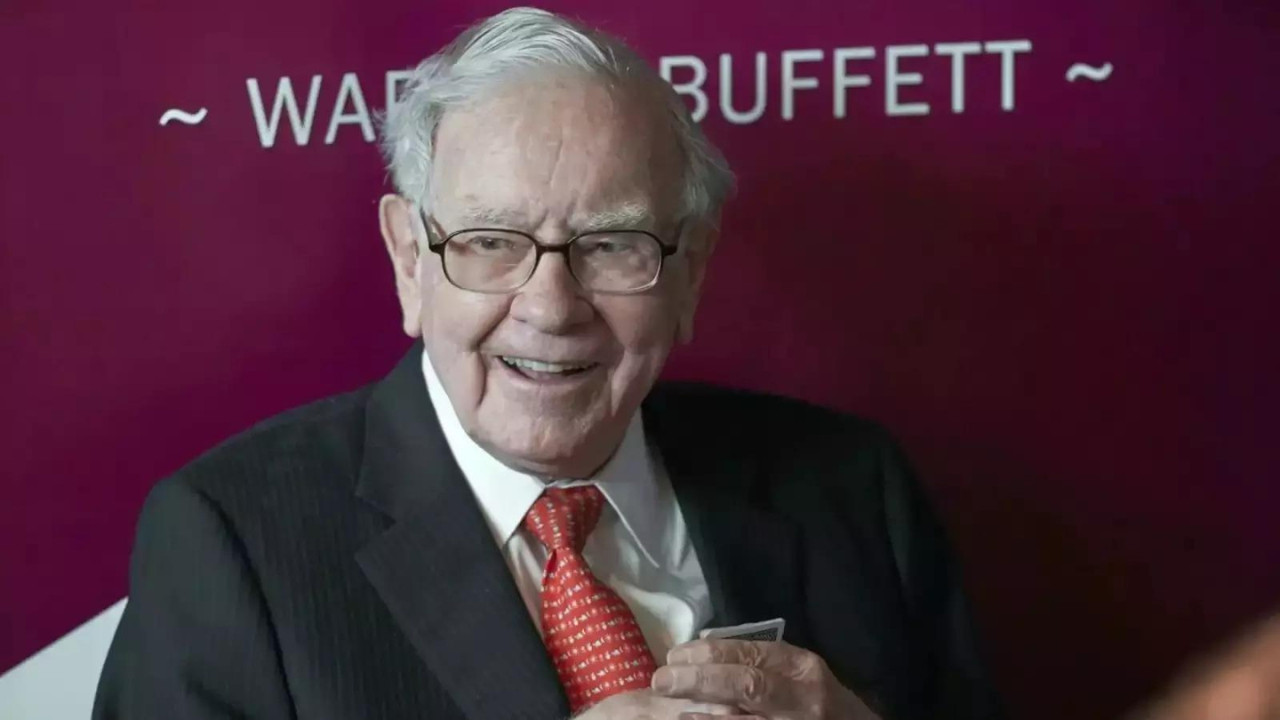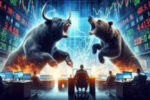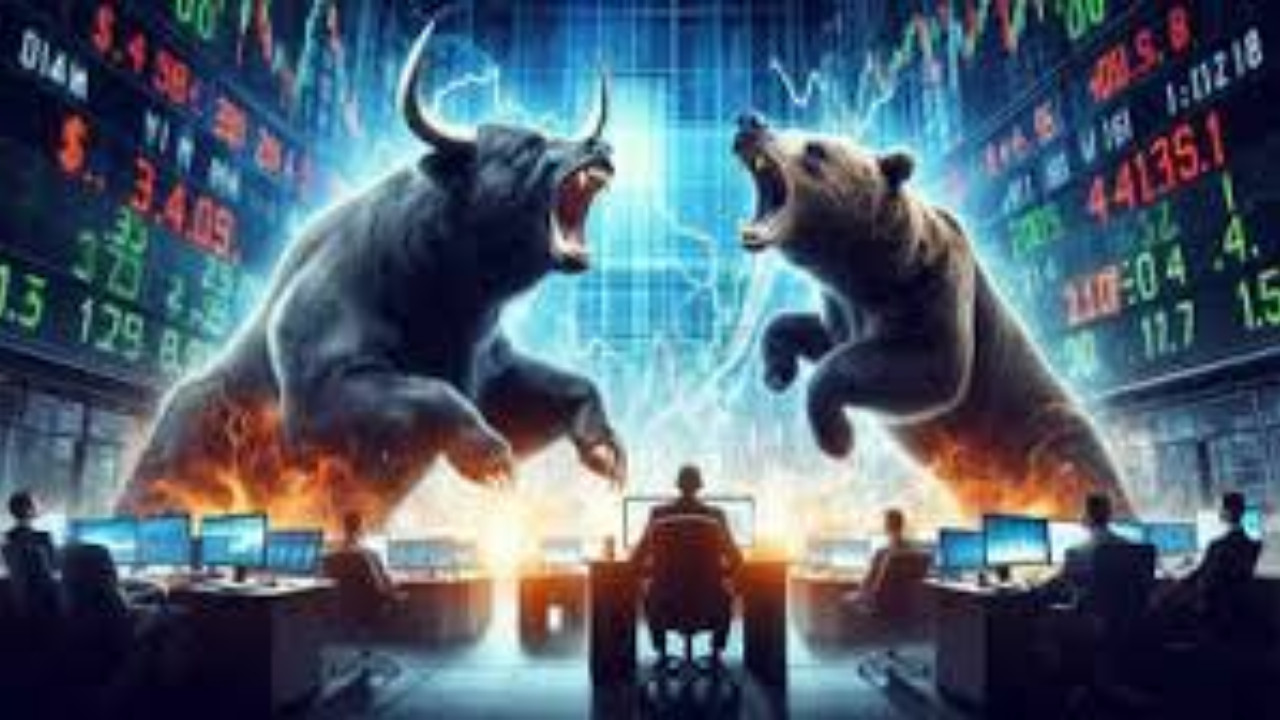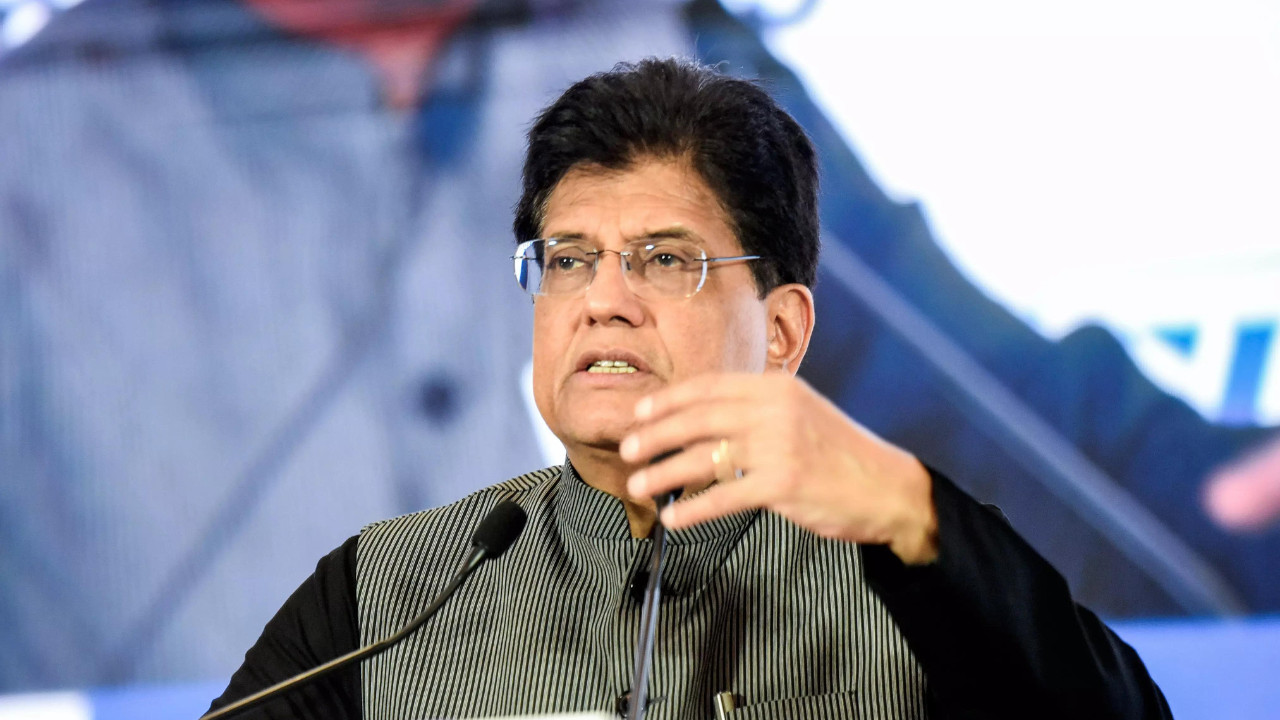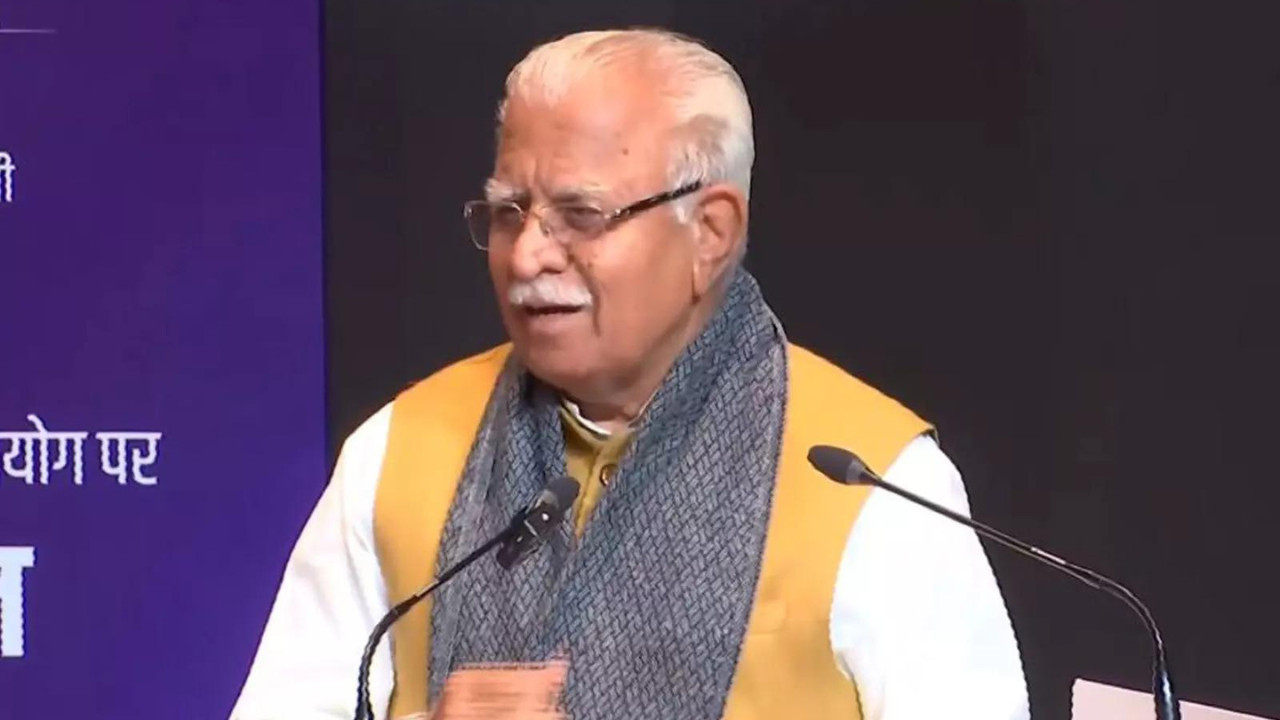Berkshire Hathaway’s second-quarter profit plummeted 59% to $12.37 billion, impacted by a $3.76 billion writedown on its Kraft Heinz investment. Despite this setback, operating profit only marginally decreased to $11.16 billion, surpassing Wall Street expectations. While Buffett confirmed his eventual CEO departure and BNSF showed strong performance, the company’s substantial cash reserves remain untouched due to high valuations.
The Oracle’s Cloudy Forecast: How Tariffs and Kraft Heinz Sliced into Berkshire Hathaway’s Profits
Warren Buffett’s Berkshire Hathaway, often seen as a bellwether for the American economy, recently revealed a sobering financial snapshot. The company’s second-quarter profits took a significant hit, painting a picture that’s less “sage advice” and more “navigating stormy seas.” While Berkshire remains a financial titan, the details behind the profit decline offer valuable insights into the challenges facing multinational corporations in today’s complex global environment.
The headline figure is stark: net earnings plummeted to $12.37 billion, a considerable drop from the $30.25 billion reported during the same period last year. Several factors contributed to this downturn, but two stood out: the lingering effects of tariffs and a massive writedown related to their stake in Kraft Heinz.
Let’s unpack the impact of tariffs first. While Berkshire Hathaway isn’t a single entity manufacturing and shipping goods, its vast portfolio includes companies that are directly affected by international trade policies. Think of businesses involved in materials, manufacturing, and consumer goods – they all feel the ripple effect of tariffs. Increased import costs translate to higher production expenses, which in turn can squeeze profit margins or force companies to raise prices, potentially dampening consumer demand. The exact dollar amount attributable to tariffs is difficult to pinpoint precisely, but its influence on various Berkshire subsidiaries is undeniable.

The second major factor was the $3.76 billion writedown related to Kraft Heinz. Berkshire Hathaway holds a significant stake in the packaged food giant, and Kraft Heinz has been grappling with changing consumer preferences and challenges in maintaining its market share. A writedown essentially acknowledges that the value of an asset (in this case, Kraft Heinz) has decreased. This isn’t just an accounting exercise; it reflects underlying business realities. Consumers are increasingly turning to healthier, fresher alternatives, leaving established brands scrambling to adapt. This significant loss highlights the risks associated with even the most carefully considered investments, even for a company as shrewd as Berkshire Hathaway.
Beyond tariffs and Kraft Heinz, broader economic uncertainties also play a role. Interest rate fluctuations, inflationary pressures, and evolving consumer behavior are all factors that businesses must contend with. Berkshire Hathaway, with its diverse holdings, is essentially a microcosm of the larger economy. As such, its performance provides valuable signals about the overall health of the business environment. It is important to understand the various avenues of investing and how to assess the risks. For more information on this topic, read our article on [investment portfolio diversification].
While the profit decline is noteworthy, it’s crucial to maintain perspective. Berkshire Hathaway remains an incredibly strong company with a fortress balance sheet and a long history of generating value. Warren Buffett and his team have navigated numerous economic cycles and challenges over the decades. This particular quarter doesn’t necessarily signal a fundamental shift in the company’s long-term prospects.
However, it does serve as a reminder that even the most successful businesses are not immune to external pressures. Tariffs, changing consumer preferences, and broader economic uncertainties can all have a significant impact of tariffs on bottom lines. Companies must be agile, innovative, and adaptable to thrive in today’s rapidly evolving global landscape.
Moreover, the Kraft Heinz writedown underscores the importance of staying ahead of the curve. Brand loyalty is no longer a given. Consumers are more informed and discerning than ever before. Companies must constantly innovate and adapt to meet evolving demands.
So, what does this all mean for investors and business leaders? It’s a wake-up call. The world is changing rapidly, and businesses must be prepared to adapt. While Berkshire Hathaway’s recent results might have raised some eyebrows, they also offer valuable lessons about the importance of resilience, adaptability, and a long-term perspective in navigating an increasingly complex global economy.
